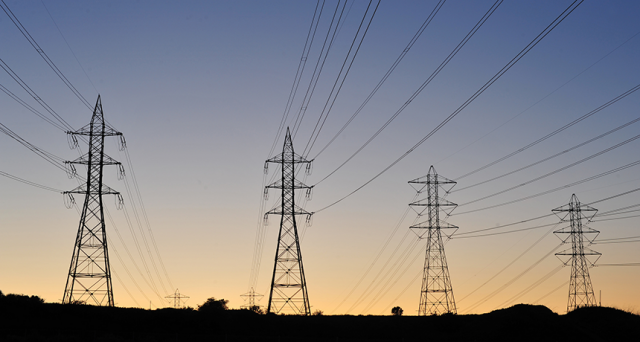Electricity rates increased by Rs 1.74 per unit
The rise in electricity tariffs will affect all major utility consumers across Pakistan.

The Federal government has announced a rise in electricity prices by Rs 1.74 per unit, effective immediately.
This adjustment follows a notification issued by the government and will impact all electricity consumers, including those served by Distribution Companies (DISCOs) and K-Electric.
The price hike, implemented as part of a quarterly adjustment, will add an additional financial burden of Rs 43.23 billion on consumers.
The increased rates will be applicable for the months of September, October, and November.
This decision follows an earlier move by the National Electric Power Regulatory Authority (NEPRA), which, a few days earlier, approved a quarterly adjustment of Rs 1.75 per unit and sent it to the federal government on September 6.
Power demand in Pakistan plunged last year by nearly a sixth and a decline in 2024 would mark the first time in 16 years that annual electricity use has fallen consecutively, data from energy think tank Ember showed.
With households and businesses buckling under soaring energy costs, a sustained economic crisis has slashed power consumption, leaving the country with excess capacity that it needs to pay for.
Short of funds, the government has built those fixed costs and capacity payments into consumer bills, sparking protests by domestic users and industrial associations.
Rising power tariffs have stirred social unrest and shuttered industries in the $350 billion economy, which has contracted twice in recent years as inflation hit record highs.
Awais Leghari, a federal minister heading Pakistan's Power Division, also recently admitted current rates were not affordable for domestic or commercial consumers and this was hurting growth because power prices were no longer regionally competitive, putting critical exports at a disadvantage.
Power cuts are also frequent in Pakistan, especially in far flung rural areas, due to grid issues, delays in importing fuel and hard currency shortages, though the frequency of such outages have reduced in the recent months.
Pakistan has been trying to cut down on using furnace oil for power generation and boost natural gas-fired electricity production.



















COMMENTS
Comments are moderated and generally will be posted if they are on-topic and not abusive.
For more information, please see our Comments FAQ